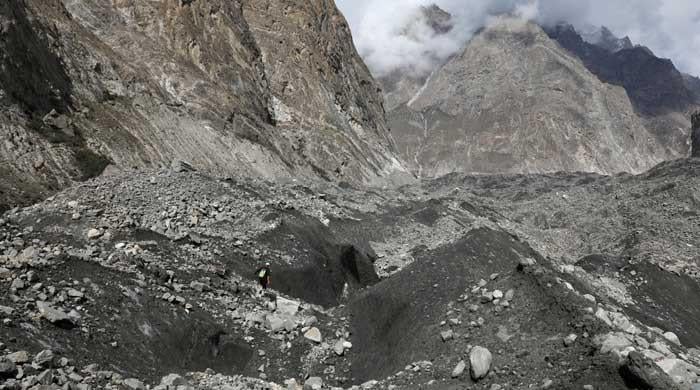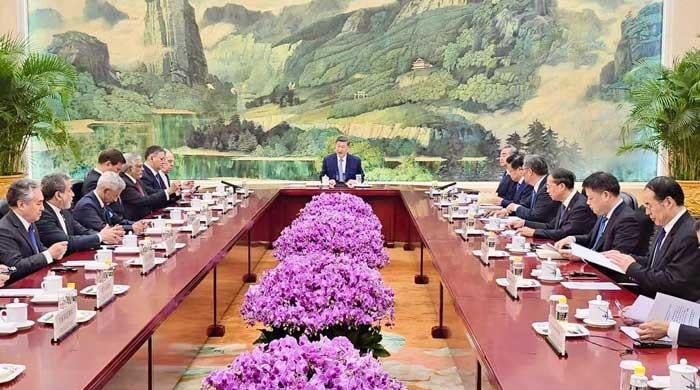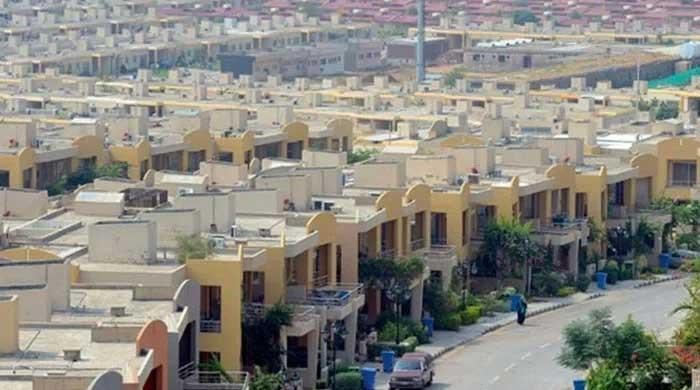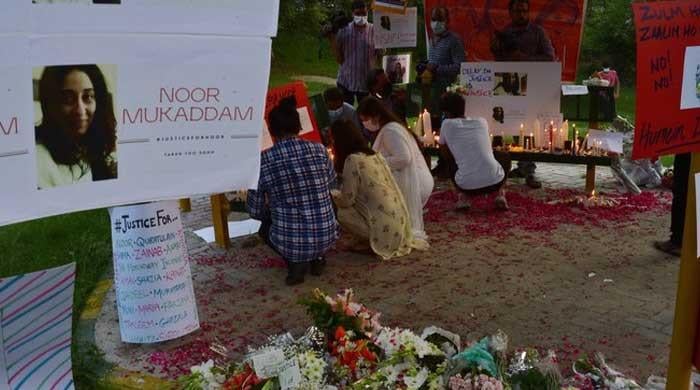Prince Karim Aga Khan IV's enduring legacy for humanity and how Aga Khan V is carrying it forward
Seven decades of leadership combined deep spiritual guidance with a drive to improve the wellbeing of millions
August 19, 2025
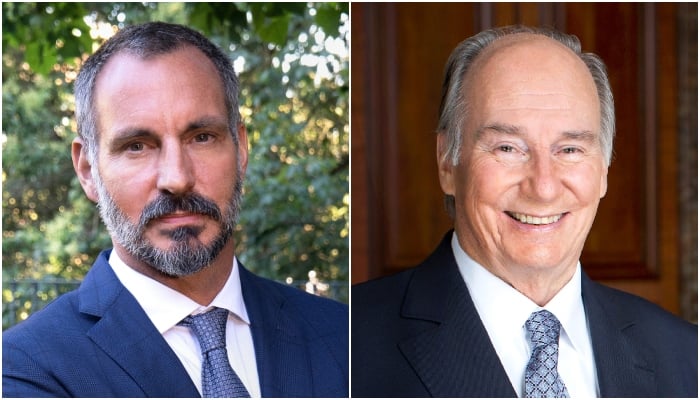
There are many people around the world with the resources to benefit humanity. But, only a select few dedicate their life to the service of humanity as a whole. Prince Karim Aga Khan IV chose to be one of them.
Seven decades of leadership combined deep spiritual guidance with a drive to improve the wellbeing of millions. With the recent succession of Aga Khan V, his legacy is not merely preserved — it is being continued. On World Humanitarian Day, August 19, we honour them.
A life of service and hope
When Prince Karim Aga Khan IV became the 49th Imam of the Nizari Ismaili Muslims in 1957, he was just 20 years old. Over the next seven decades, he redefined what faith-led leadership could look like — balancing tradition with modernity, and compassion with pragmatic action.
Through the Aga Khan Development Network (AKDN), he established a network of more than 240 schools, over 200 health facilities, and development programmes in over 30 countries, impacting tens of millions of lives.
The scale of this vision can be seen in the countless projects that permanently transformed global communities. In Tajikistan, one of many projects was an AKDN-funded bridge across the Panj River connected tens of thousands of people to markets, hospitals, and opportunity for the first time. In Cairo, Al-Azhar Park — once a rubbish dump — was transformed into 30 hectares of gardens and walkways, now welcoming over 2 million visitors annually as the city’s only major public green space.
The AKDN’s work in Pakistan is vast and widespread, ranging from the North of Pakistan down to interior Sindh. In Karimabad, Hunza, their development initiatives brought modern education, healthcare, and infrastructure to a once-remote valley, improving the lives of those living there. The biggest example of their work, of course, is the Aga Khan University Hospital. That, plus all the local AKDN health centres are open and available not just for members of the Ismaili population, but for all those who need it.
The philosophy in action
These examples are not isolated successes — they reflect a distinctive philosophy interpreted by the Ismaili tradition: that faith should inspire progress, knowledge should serve humanity, and prosperity should be shared. The AKDN’s work is inclusive by design, serving all of humanity, regardless of faith, gender, nationality, or ethnicity.
Its integrated approach tackles health, education, culture, environment, and economic development together. A restored park is paired with job creation; a school is supported by health programmes; and environmental projects are tied to sustainable income generation. The goal is not just aid, but the creation of systems that empower communities for generations.
A new chapter with Aga Khan V
In early 2025, upon the passing of Prince Karim, his son Prince Rahim al-Hussaini became the 50th Imam — Aga Khan V — continuing a spiritual lineage over 1,400 years old. His leadership marks a new chapter, with each Imam responding to the specific needs of his own time.
Prince Rahim’s deep involvement in environmental stewardship, climate resilience, and sustainable development is already shaping the AKDN’s next era. His recent commitment of €100 million to Syria is not short-term relief — it is a programme for reconstruction: building schools and academies, health centres, and renewable energy projects to restore hope and create lasting opportunity for Syrians, regardless of the existence of a formal Ismaili population.
This commitment is particularly telling, as the Ismaili population in Syria is now extremely small, with many having been displaced during the conflict. Yet the AKDN continues to invest deeply in the country’s future — demonstrating its philosophy that service is not limited to the community’s own members, but extends to all those in need, regardless of faith or origin. These efforts, designed to endure for centuries, are a direct continuation of the principles laid down by his father, and serving humanity above all.
A legacy for the modern world
World Humanitarian Day reminds us that the most enduring humanitarian work is not charity — it is empowerment. Prince Karim Aga Khan IV’s work, and his son's continuation of it shows how leadership rooted in compassion and guided by intellect can bring measurable, lasting change.




